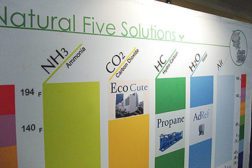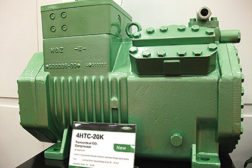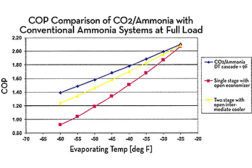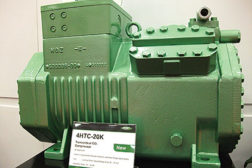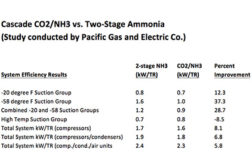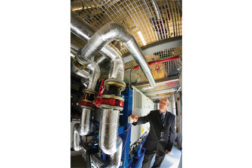Home » CO2 refrigeration
Articles Tagged with ''CO2 refrigeration''
Survey Provides Insights from European Food Retail Professionals
Read More
CO2 Refrigerant Growth Continues Globally
Number of CO2 Applications Growing in Domestic Settings, Too
Read More
July 14, 2014: Danfoss Discusses CO2 Refrigeration Benefits at ATMOsphere America
Presentation Showcases Impact of CO2 Systems on Climate and Energy Efficiency
July 14, 2014
July 11, 2014: Sprouts Farmers Market to Open Atlanta-Area Store with CO2 Refrigeration
Transcritical CO2 Refrigeration Systems Are Normally Limited to Colder Climates
July 11, 2014
Lawson Wins Award for CO2 Refrigeration Use
C-Store Chain Lowers Total Energy Consumption by 11 Percent
February 17, 2014
Copyright ©2024. All Rights Reserved BNP Media.
Design, CMS, Hosting & Web Development :: ePublishing

